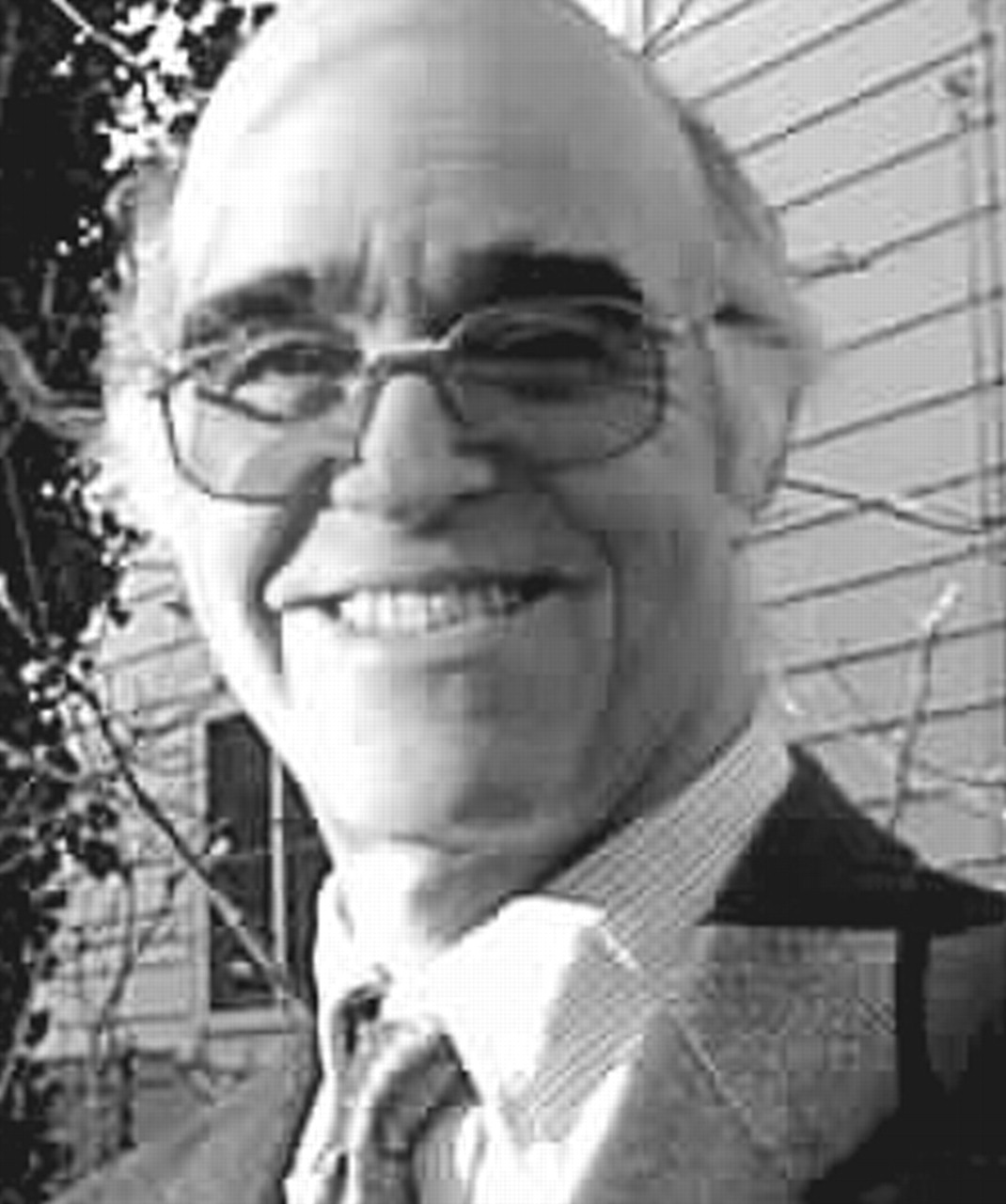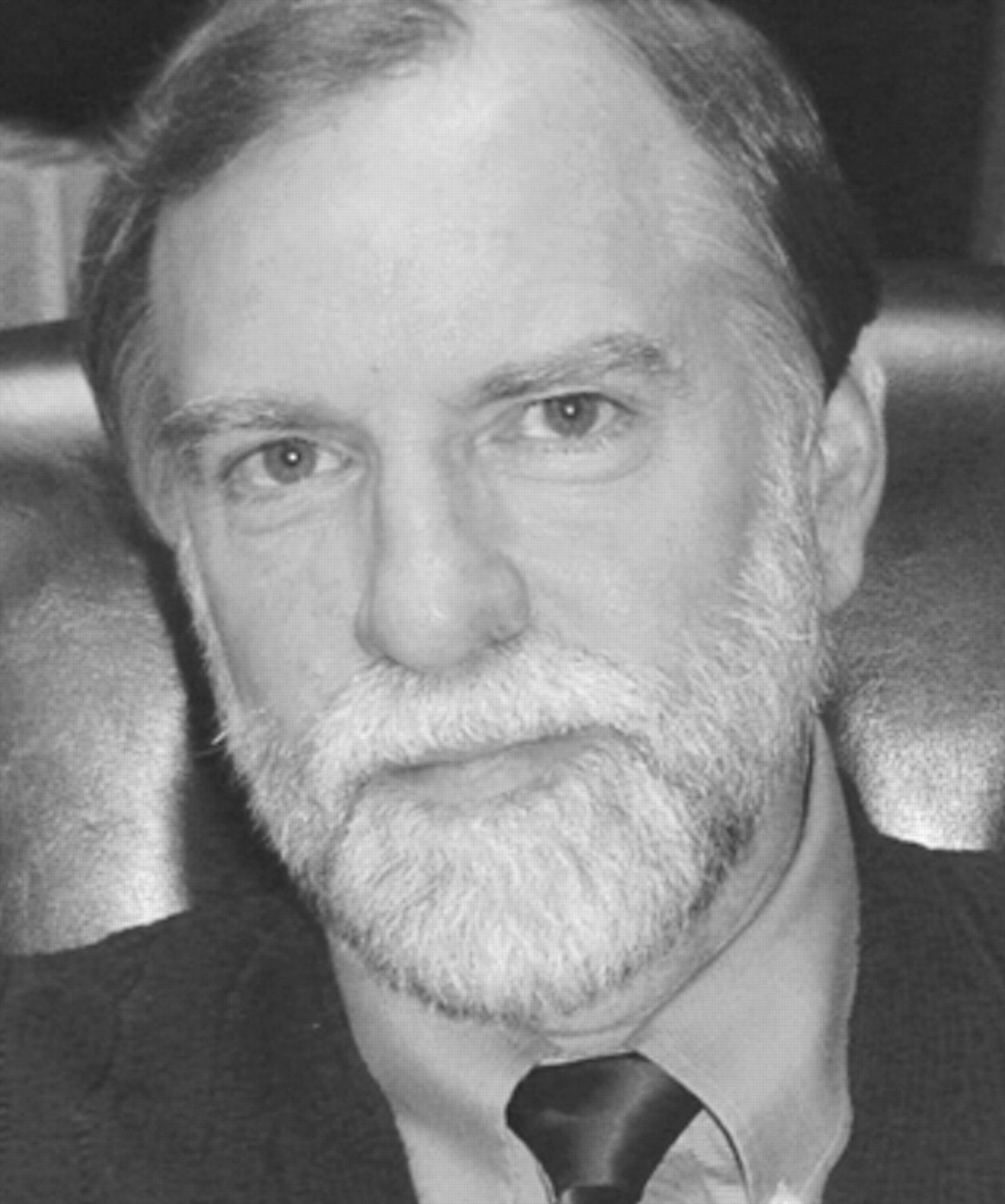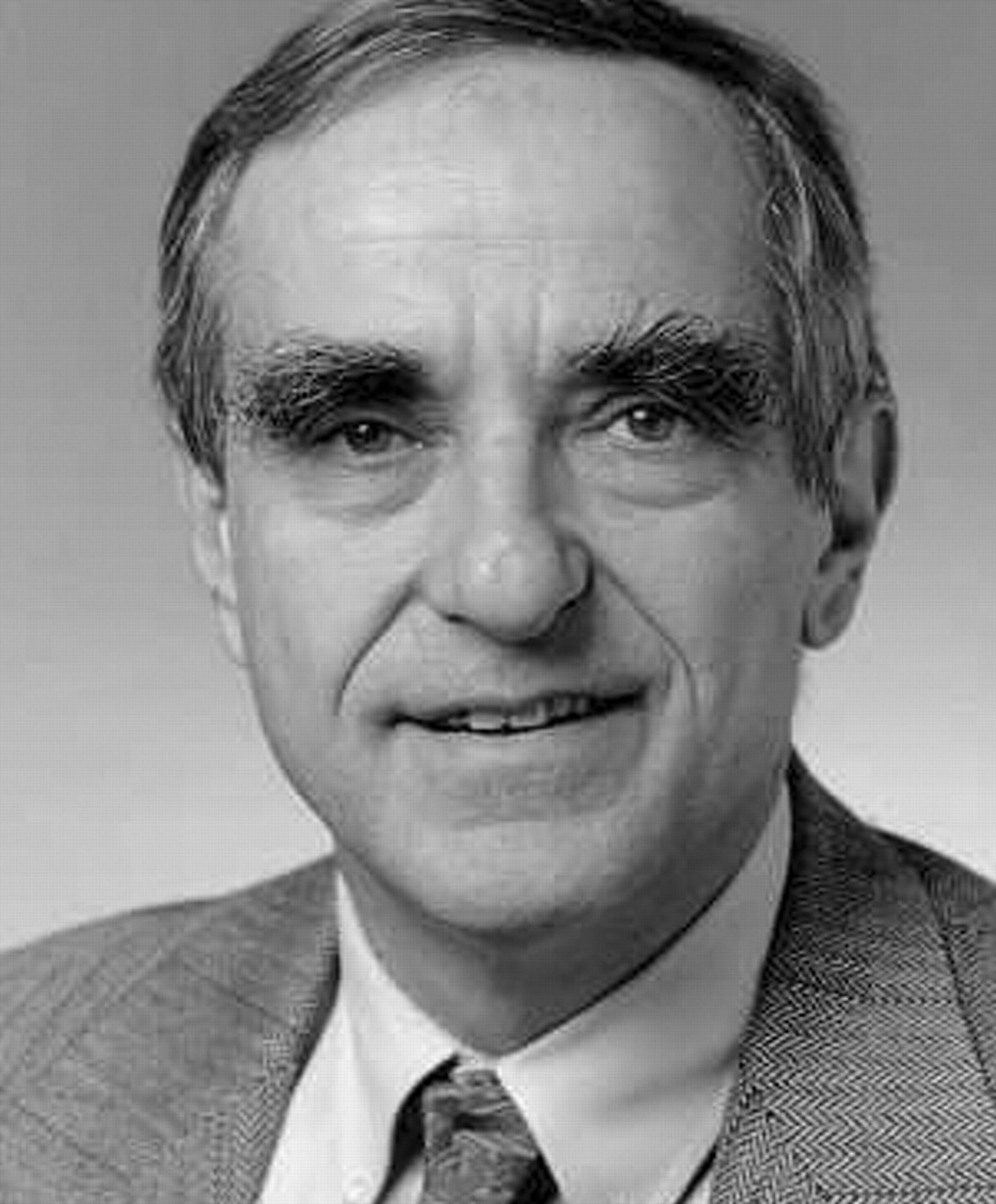In October more than 500 people attended the conference “Innovations in Recovery and Rehabilitation: The Decade of the Person,” which was sponsored by the Center for Psychiatric Rehabilitation at Boston University.
The participants came from 22 countries to try to understand the concept of “recovery” from mental illness and to learn about the recovery movement.
Workshop titles suggest the exploratory nature of the conference. “The elusive concept of resilience: everyone seems to know what it is, but defines it differently,” “Characteristics of recovery-oriented mental health programs: Can I recognize one if I see one?”
Effort to Study Recovery
In a session on recovery policies in state mental health systems, Kevin Ann Huckshorn, director of the National Technical Assistance Center of State Mental Health Planning, discussed findings of a study titled “Mental Health Recovery: What Helps and What Hinders?”
The study process provides good examples for the ideas that recovery is a concept that resists definition and efforts to determine when it has occurred.
The study team rejected the idea of developing a standardized measure of individualized recovery.
Among their reasons were “fear that a measurement model would evolve that would ultimately be used as a tool to cutoff access to public mental health services. . .the belief that recovery is an individualized process rather than a standardized ‘state’ to be attained. . .no existing recovery measure had adequate psychometric testing. . . .”
Instead, team members came up with a multifaceted definition of recovery. It reads, in part, “Recovery is an ongoing, dynamic, interactional process that occurs between a person’s strengths, vulnerabilities, resources, and the environment. It involves a personal journey of actively self-managing psychiatric disorder while reclaiming, gaining, and maintaining a positive sense of self, roles, and life beyond the mental health system, in spite of the challenges of psychiatric disability.”
Psychiatrists Speculate About Recovery
Despite the imprecision of the concept of recovery,
Psychiatric News wanted to try to understand the importance of the recovery movement and organized a conference call in which three psychiatrists discussed questions related to the intersection of psychiatry and the recovery movement.
The psychiatrists were Stephen Holsenbeck, M.D., chief medical officer of ValueOptions’ Public Sector Division and executive director of Colorado Health Networks, a partnership between ValueOptions and seven community mental health centers; Robert Rosenheck, M.D., director of the Veterans Administration Northeast Program Evaluation Center and a professor of psychiatry and public health at Yale School of Medicine; and James Sabin, M.D., a clinical professor of psychiatry at Harvard Medical School and director of the Ethics Program at Harvard Pilgrim Health Care.
Rosenheck is the 2000 recipient of the APA Senior Scholar Award in Health Services Research and a member of the editorial board of the APA journal
Psychiatric Services. Sabin is editor of the managed care column of
Psychiatric Services.
PN: William Anthony, Ph.D., executive director of the Boston University Center for Psychiatric Rehabilitation, called the last decade the Decade of Recovery. State mental health agencies are implementing “recovery models.” Why is there a focus now on recovery?
Rosenheck: The recovery movement in mental health is part of a larger social movement of empowerment and self-determination. Health care of all kinds has increasingly become about living with prolonged illness. Inevitably, consumers have a unique understanding of how to optimize their lives and can help each other learn how to cope and function in ways that are very useful and differ from things the professional advises them to do.
Holsenbeck: There is a convergence between managed care and the recovery movement, particularly in the public sector. A focus of managed care is to ensure that taxpayers’ dollars are spent in the most effective way. At one site, we changed from a traditional model of service delivery that involved group residences, day treatment, and assertive community treatment teams to a model emphasizing psychiatric rehabilitation, including goal setting and training for consumers to assist and support other consumers. The program saved money and improved functioning of the consumers.
Sabin: The movement could also be regarded as an expression of what is best in psychiatric tradition. Much of what consumers are saying is similar to what I was taught in residency by my best teachers. We were taught to identify strengths, as well as vulnerabilities; to work in a collaborative way with the patient; and to encourage the patient to identify sources of support. AA provides precedents about the role of mutual assistance for learning about recovery.
PN: Do we need a definition of recovery? What characterizes the recovery movement?
Sabin: I like the definition of Pat Deegan, a consumer leader and psychologist with schizophrenia. She says recovery from serious mental illness is “rediscovering meaning and purpose after a series of catastrophic events, which mental illness is.” It does not necessarily mean being symptom free. There might always be vulnerability in an individual.
Rosenheck: On the surface, it appears that there may be somewhat confusing, contradictory elements in the recovery-movement vision, but overall there is a clear emphasis on hope, moving forward, and resisting inertia and pessimism. These are important values. Frustration about defining and understanding the movement occurs because different kinds of fully legitimate discourses are involved. The movement also embodies democratic principles of self-determination, as well as scientific issues concerning the possibility of recovery.
Holsenbeck: The recovery movement is rooted in the experience of consumers. They have heard professionals say that a diagnosis of schizophrenia is a lifelong sentence with no hope of recovery. Often, consumers are directed to choices for which there are low hurdles—choices that many consumers find demeaning and demoralizing. Mental health staff frequently interact with them on the basis of their deficits, not their strengths.
Ed Knight, Ph.D., vice president for Wellness, Recovery, and Rehabilitation for ValueOptions, organizes focus groups of consumers who talk about their experiences with the mental health system. They educated me about the impact of our behavior and attitudes.
Peer support and education are very important. Like people who have had an amputation, those with a serious mental illness learn tricks about how to cope with their particular disability. They share them with each other, but they don’t necessarily share them with us professionals.
PN: How is the psychiatric profession responding to the recovery movement? What should it be doing?
Holsenbeck: Dr. Knight talks about the concept of “deskilling.” Consumers might actually lose social and vocational skills and the ability to set goals as a result of institutionalization and other forms of maintenance treatment.
It is the nature of living organisms to adapt. Serious mental illness might impede or distort adaptation, but it does not stop it altogether. Professionals must lead in creating the expectation of recovery. We need to work with consumers to develop tools that promote functioning and meaningfulness. We need to focus on things we can change.
Rosenheck: As a psychiatrist who is also a researcher about mental health issues, I am committed to the importance of good research design and evidence-based practice. But, we must also remember that scientific authority can be a method authorities use to control the definition of other people’s lives. We need to find a way of balancing the rigor of science with the need of consumers to define what’s important to them. The two forces are different, but they are not incompatible.
Sabin: Working with the recovery movement is a developmental process for professionals. As a clinician, I feel empowered when a patient is better able to help direct his or her own recovery. As a teacher, I bring patients and patient activists to my classroom to help educate my medical school students.



